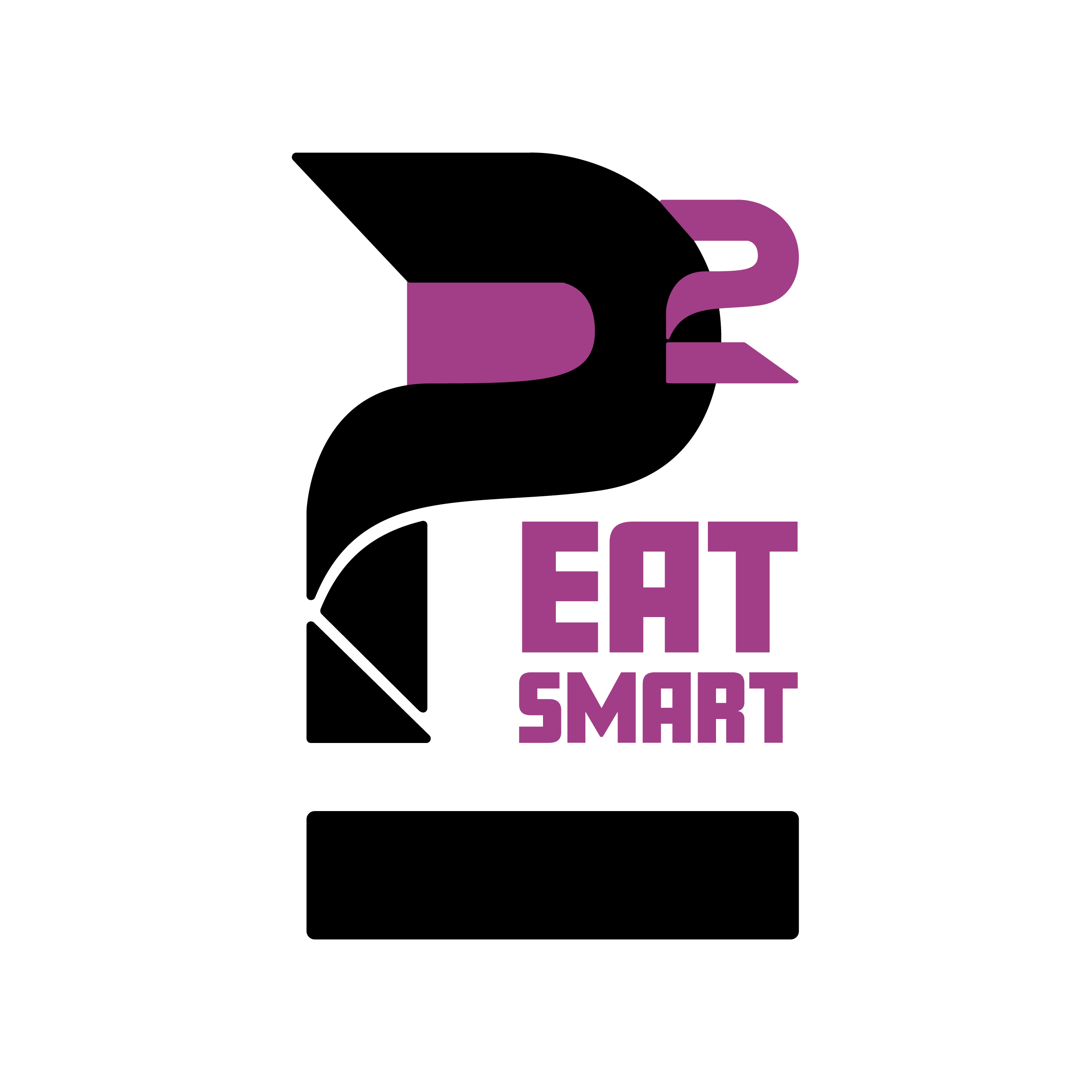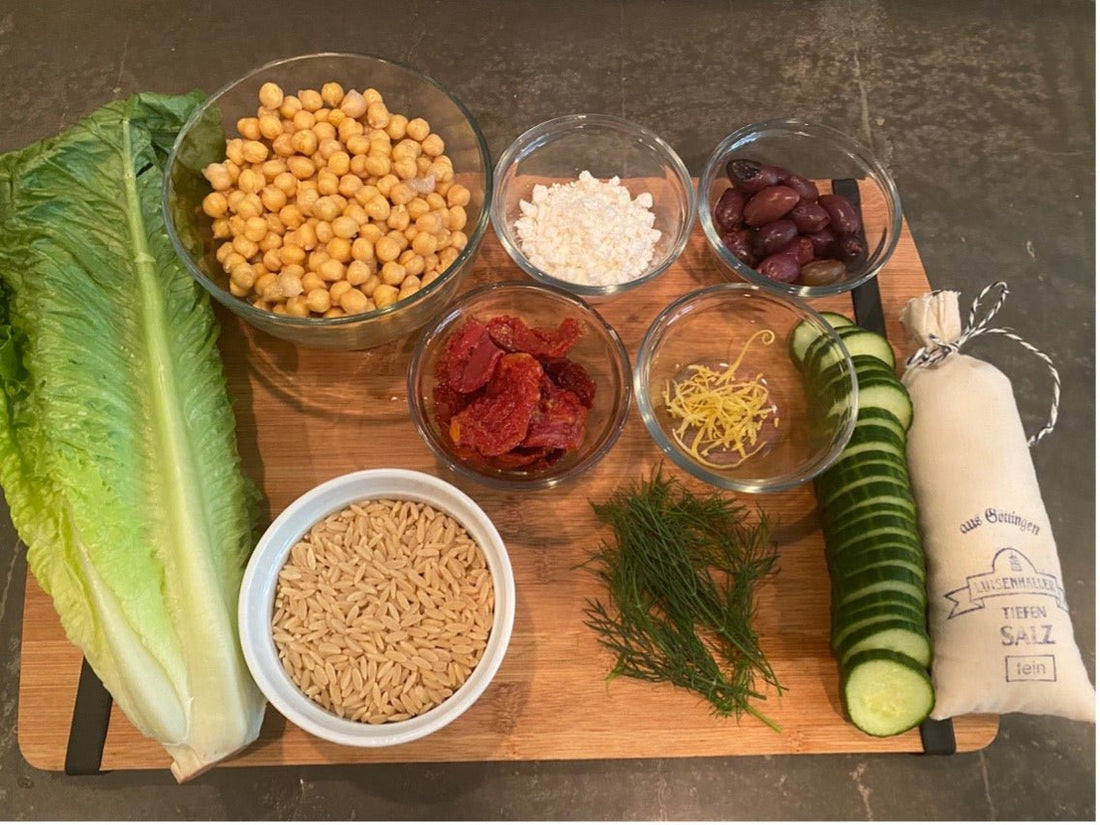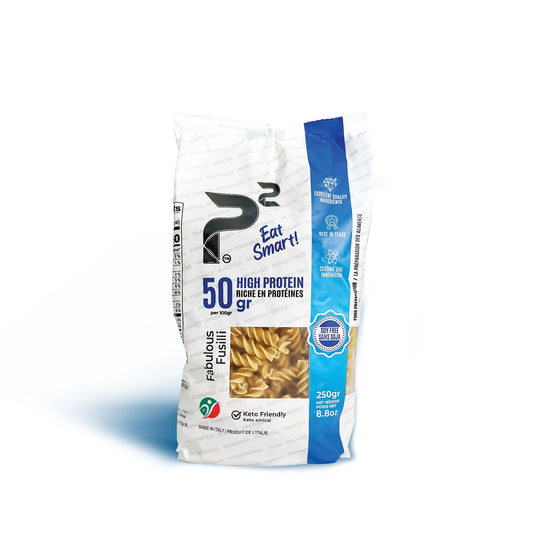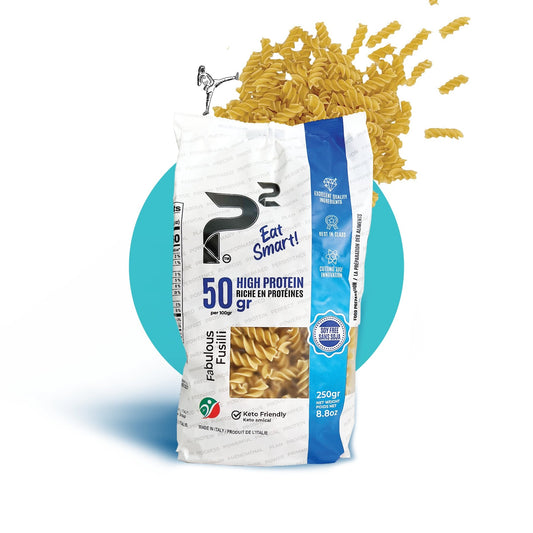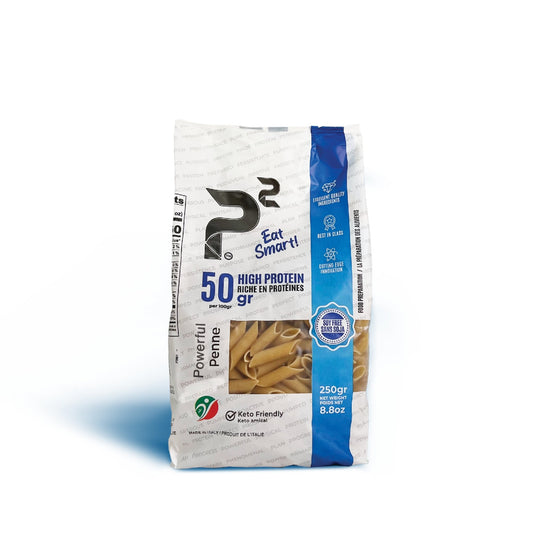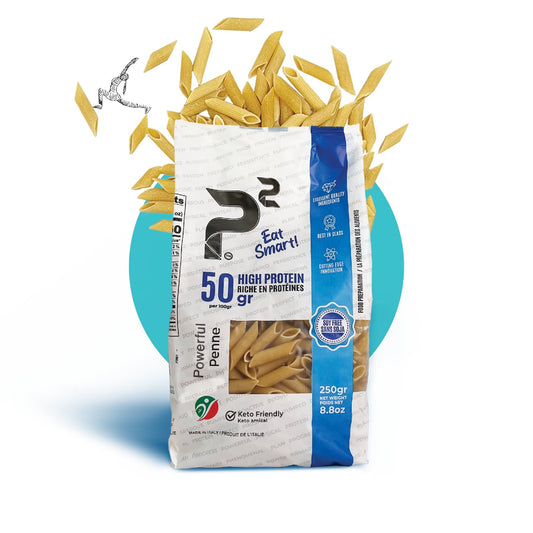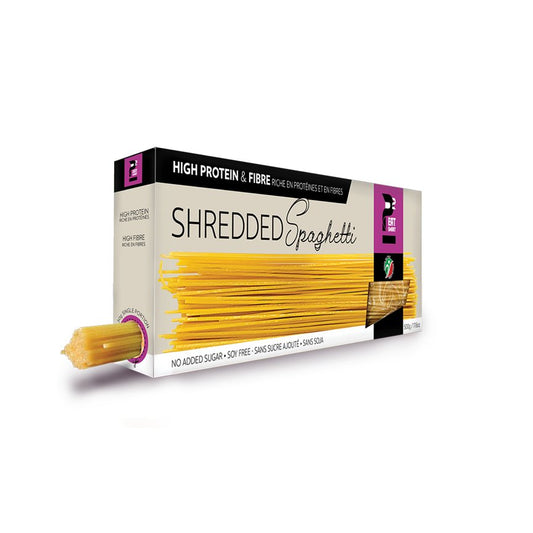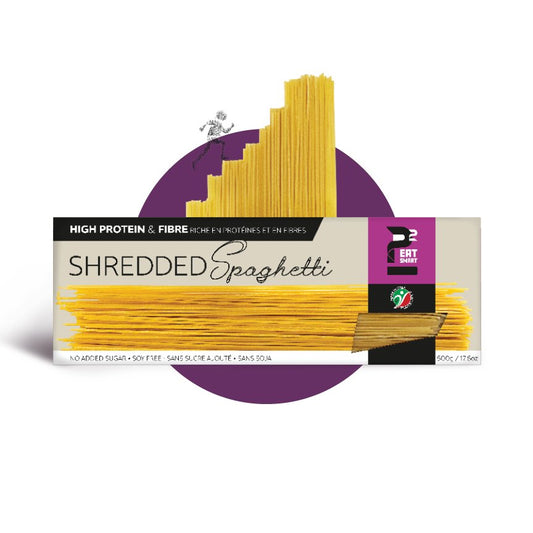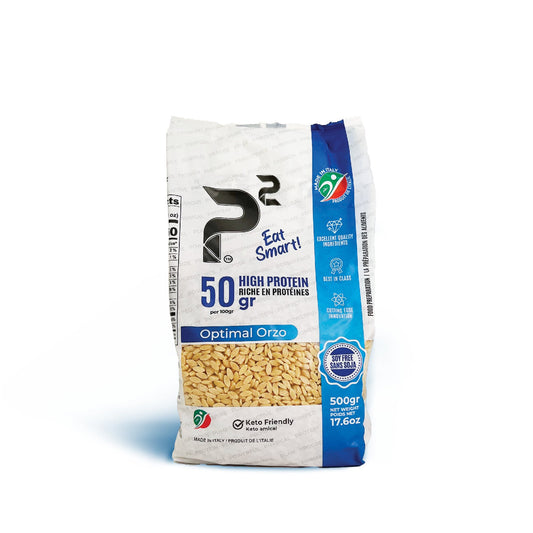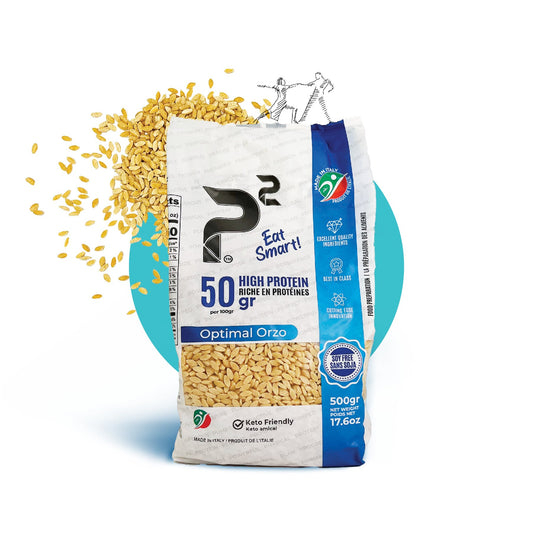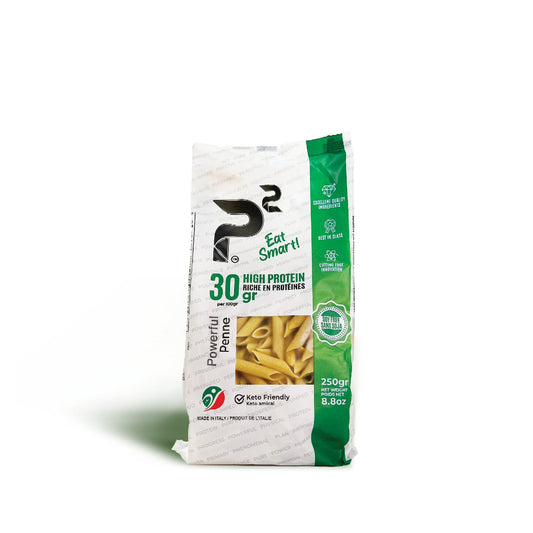Protein is fuel to your body – it keeps you full and helps boost energy while supporting muscle repair from hard workouts. Various kinds of proteins play a part in so many body functions. Your organs, bones, connective tissues, and even your hair benefit from a protein-rich diet.
Daily protein servings are essential to making you feel your best.
Why Your Body Needs Protein
Energy and oxygen need to move around the body to keep us alert and in top shape. Oxygen is carried through the body by protein in your red blood cells to ensure nutrients reach every part of your body.
Building up muscle and getting stronger bones is one of the most plugged benefits of protein – proteins also help repair injuries and boost your immune system. As you age, protein helps fend off osteoporosis and keeps your muscle mass.
Hormone regulation is another benefit of eating your daily protein. The body’s building blocks, or amino acids, make up protein, and there are nine essential amino acids that the body can’t make on its own. So, eating protein to make up the difference helps your body function at its healthiest.
Where Can You Get Your Protein
Protein is always popularly associated with meat, but there are plenty of non-meat and plant-based sources to meet your daily requirements. Some of these foods include:
- Lean meats and poultry
- Eggs
- Dairy
- Nuts and nut butters
- Legumes and beans
- Soy products
- Quinoa
Can Protein Help You Stay in Shape?
Experts recommend eating protein shortly after a workout with carbohydrates to balance out your body and help you recover post-exercise. Your protein intake may look different from others, depending on your health goals.
If your goal is to gain muscle, protein is shown to support muscle growth in the short term. But if you want to slim down, protein helps you feel full for longer, so you're less likely to grab the wrong kind of snacks.

How Will a High Protein Diet Affect You?
Strict diets that emphasize high protein also tend to restrict carbs. But too much protein can be just as damaging as no protein at all. Many high-protein foods don't have all the nutrients you need – a balanced food intake includes vitamins, minerals, fats, and, yes, carbs.
Without that balance and with an overload of protein, you can feel physical effects such as fatigue, dizziness, headaches, and anemia. Instead of focusing solely on protein, you need to tick the other boxes on the food pyramid.
How Can You Easily Get More Protein?
Your body needs protein to thrive, but when you're on a tight schedule, and your options are limited, the alternatives may not have the protein you need. If you don't have the time to cook up meat, rehydrate beans, or cook a meal, it feels like your options are limited. If you have picky eaters in your household, that's another struggle to overcome.
At P2 Eat Smart, we make it easy to get your protein intake with quick, delicious, protein-enriched foods that fit perfectly into your diet. Check out our high-protein ever-growing selection that has options to fit seamlessly into your meal plan.
